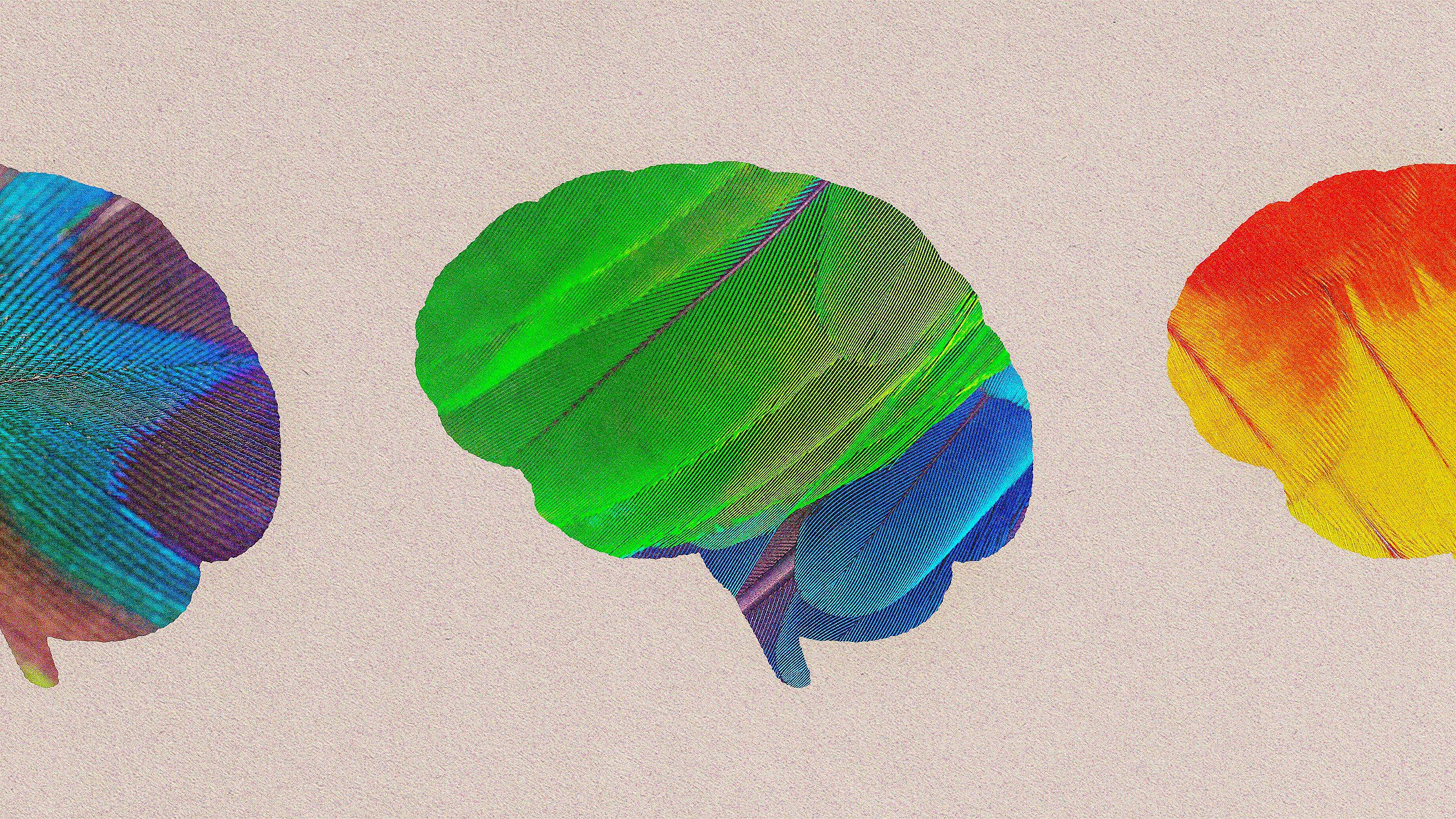Hack Your Brain with Sense Science

It’s selfish to be nice. As we’ve previously reported here on Big Think, the kinder you are the happier you will be. While being nice is good for you, being perceived as warm and friendly also helps you in the world of business. Those who are warm and open gain an advantage in negotiations and inspire generosity in others. But there are snags that anyone can stumble on that can determine how people perceive you. If you want to ensure that others think of you as nice and—most importantly—trust you—then learn the fundamentals of sense science.
In this Big Think Mentor workshop, psychologist Thalma Lobel, the author of Sensation: The New Science of Physical Intelligence, explains embodied cognition and how it impacts our perceptions of one another.
“Everything that we feel through our senses affect us not in the most obvious way but in ways that we could not have imagined. I know that most people don’t realize how major effect they have on our life. And it is important because if you walk in the street or if you touch something or the way I’m sitting now on the sofa or hard chair or the distance between me and the camera. All these influence the way people perceive me and I perceive others. And as a consequence the way we behave. And once we know it we can be less manipulated by these physical experiences and maybe come to more judgments that are based on the real issue rather than on things which are actually irrelevant in a way.”
In this 6-part workshop for Big Think Mentor, Lobel teaches you how to be more cognizant of sense science and embodied cognition in your everyday interactions. Sign up for a free 14-day trial to Big Think Mentor to sharpen your senses by taking online workshops from Lobel and other experts.





